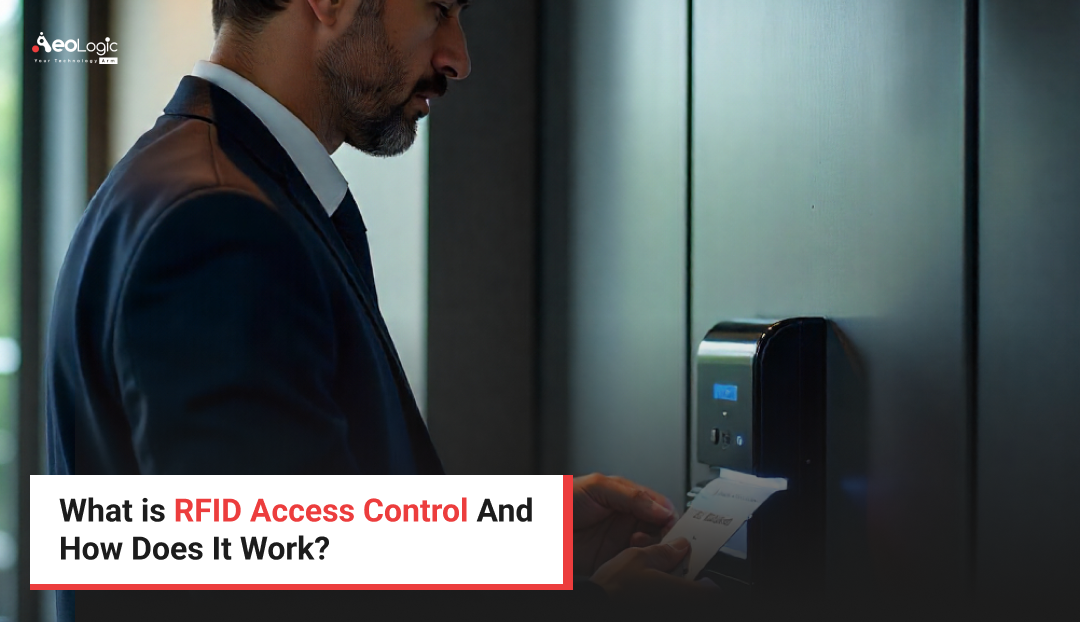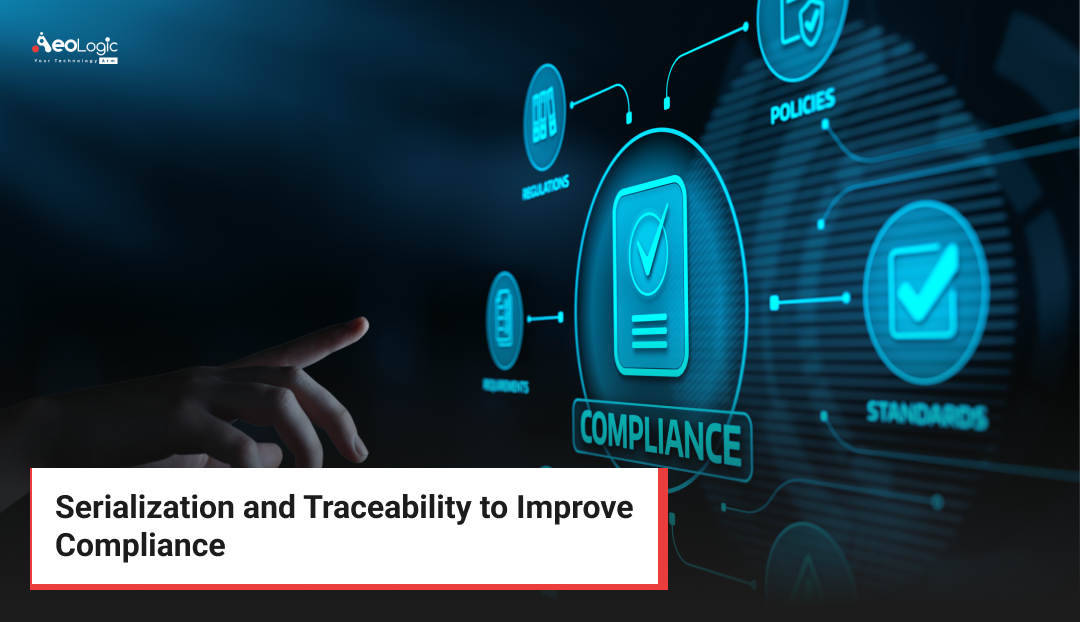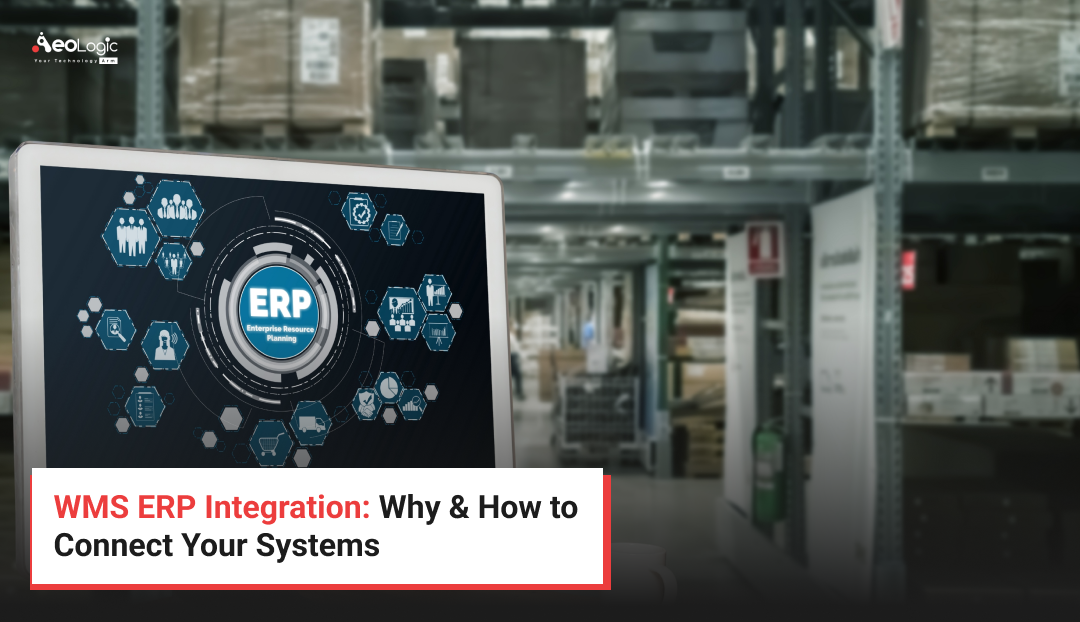E-commerce is one of the most interesting aspects of development in the last decades. There are a lot of e-commerce platforms that sell goods and services to the end consumers. Many retailers have private e-commerce websites that they can use to sell things and services to consumers. If we talk about e-commerce analysis then some recent stats show that the E-Commerce Market size is estimated at USD 8.80 trillion in 2024, and is expected to reach USD 18.81 trillion by 2029, growing at a CAGR of 15.80% during the forecast period (2024-2029).
Role of RFID in E-commerce Retailers
Everyone is now aware of e-commerce websites and developing their e-commerce website or platforms for their small businesses too. This overall is increasing and heating the competition among the retailers and that’s a good thing from a customer point of view. But if you are e-commerce then you have to make preparations to stay ahead in this competitive world.
There are a lot of technologies that have the potential to increase the efficiency and productivity of an e-commerce retailer. RFID solutions can be one among the all that can enhance various aspects for the e-commerce retailer. If we talk about overall RFID market analysis then we found that the global market size for Radio Frequency Identification (RFID) technology is estimated to be around $15.86 billion in 2024. The market is expected to grow at a compound annual growth rate (CAGR) of 11.83% from 2024 to 2034, reaching a value of around $48.51 billion by then.
Overview
By increasing inventory accuracy, expediting order fulfillment, and improving the customer experience, RFID technology gives e-commerce companies a competitive edge. In addition to automating warehouse operations for quicker picking and packaging, it allows real-time product tracking, which lowers stockouts and overstocking. Additionally, RFID improves supply chain visibility, assisting merchants in cost-cutting and logistical optimization.
By simplifying returns and BOPIS procedures, it also improves security, reduces losses, and facilitates omnichannel strategy. RFID lets merchants predict demand, increase productivity, and set their brand apart in a crowded market by utilizing data insights.
In this article, we will see the importance of RFID technology that helps e-commerce retailers win the high competition. We will see other details like benefits, challenges, etc and in the end, we will end the discussion with a concluding paragraph.
What is RFID to Help E-commerce Retailers in Today’s High Competition?
RFID (Radio Frequency Identification) technology uses RFID tags and readers to automatically identify and track products. RFID is essential for e-commerce companies to increase efficiency and competitiveness. By enabling real-time product tracking across warehouses, fulfillment centers, and transportation networks, it facilitates inventory management. In order to satisfy customers’ demands for prompt delivery, this increases inventory accuracy, lowers stockouts, and facilitates quicker order fulfillment.
Also Read: The Importance of RFID Technology on Retail Industry
Benefits of RFID to Help E-commerce Retailers Win The High Competition
There are lots of benefits of RFID to help e-commerce retailers win the high competition. Here are a few key benefits mentioned below.
Improved Inventory Accuracy
Inventory management is very important while managing e-commerce platforms. Customers always move towards that e-commerce retailer that provides products in sufficient time without too many delays. RFID technology enables inventory accuracy by tracking the details of inventory as stockouts, overstocking, and inventory discrepancies help e-commerce retailers meet customer demands more reliably.
Better Customer Experience
Customer experience is also an important aspect when anyone is an e-commerce retailer. This is necessary because this makes customers revisit you. E-commerce retailers can guarantee precise stock levels with RFID, which reduces backorders and out-of-stock merchandise. Better product availability and on-time delivery benefit customers, increasing their level of satisfaction and loyalty.
Reduce Operational Costs
There are many operations that are repetitive while managing inventory or warehouses as e-commerce retailers. With the RFID technology implementation, automation of operations can reduce human labor. This overall reduces the operations costs and also increases the efficiency of the warehouse.
Enhanced Security and Loss prevention
While delivering products to customers can sometimes cause theft or mishandling, loss, etc. This raises questions about the specific e-commerce retailers and can create trust issues for customers. Where with RFID, tracking of products makes it secure and prevents unnecessary loss.
Faster Time to Market
To stay ahead of the competition, this is very necessary to access the market in less time. For e-commerce retailers, by supplying real-time inventory and sales data, RFID enables merchants to spot trends and respond to consumer wants promptly. E-commerce retailers can react more quickly to shifting consumer preferences and rival activity because of this adaptability.
Also Read: Top AI Retail Solutions For Transforming Customer Engagement And Support
Challenges with RFID For E-commerce Retailers
We have seen a lot of benefits of RFID for e-commerce retailers but there are a few challenges too. Here are a few key challenges mentioned below.
- The high initial cost can be a challenging thing as barcodes, tags, scanners, etc cost too much. Many small e-commerce retailers cannot afford this technology.
- Complexity can be an issue when implementing RFID as integrating RFID into existing inventory management systems, order fulfillment processes, and supply chain operations can be complex.
- Since the RFID tags read remotely to extract information that sometimes can be a questionable thing in terms of security. Any unauthorized access can take all confidential data.
Also Read: The Impact of RFID and IoT on Retail Loss Prevention and Security
Final Words
In today’s fast-paced and seriously competitive market, RFID technology offers e-commerce companies a substantial chance to obtain a competitive advantage. It facilitates business process simplification and increases operational efficiency by improving inventory accuracy, expediting order fulfillment, boosting customer experiences, and streamlining supply chain operations. While there are a few challenges too such as integration complexity, initial high costs, security concerns, etc overcoming these challenges gives incredible benefits too.
RFID can be a major aspect of e-commerce success because of its potential to improve back-end operations as well as the front-end customer experience. It gives retailers the speed, precision, and agility they need to succeed in a cutthroat market.
FAQs
How does RFID support real-time inventory tracking in e-commerce?
Using radio waves to read tags affixed to products, RFID technology automates and accurately tracks inventory in real time. RFID does not need line-of-sight as traditional barcode scanning does, and it can scan multiple items at once.
As a result, e-commerce sellers immediately know how many products they have and where they are in warehouses and fulfillment centers. Having real-time visibility decreases stockouts and overstocks, increases order accuracy, and enhances replenishments of inventory, so that customers get their orders faster and more reliably.
Can RFID integration improve warehouse management for e-commerce retailers?
The RFID integration significantly improves warehouse operations by increasing the level of automation of inventory control and ultimately improving operations.
RFID Systems will provide accurate and real-time visibility of where products start and stop, their locations in the warehouse, and how much is available.
This will enable warehouse managers to make better use of space and reduce manual mistakes in counting items, as well as improve efficiency in picking and packing.
RFID can provide even greater benefits in the ability to create automated alerts to notify managers and employees of low stock or wrong inventory location, therefore removing delays or errors during shipping fulfillment.
RFID provides warehouses with an opportunity to become data-driven environments that increase efficiency and productivity of daily operations, ultimately aiming for reduced lead times for order fulfillment and better utilization of warehouse resources.
How cost-effective is implementing RFID for small and medium e-commerce businesses?
RFID implementation entails an upfront investment in tags, readers, and software; however, RFID is becoming more economical for small and medium e-commerce businesses because of the declining hardware prices and available and scalable solutions.
The technology can reduce labor costs because RFID facilitates the automation of inventory processes, eliminates errors that result in costly returns or delays, and supports improved inventory turnover.
Operational savings in the form of efficiency can often offset the initial cost within several months to a couple of years.
Additionally, several RFID solutions providers offer flexible pricing models for companies of different sizes to accommodate growing e-commerce businesses wishing to leverage RFID to improve their efficiency and customer satisfaction.
Does RFID technology help prevent theft and loss in e-commerce operations?
RFID is widely recognized as being effective in combating both theft and loss throughout the e-commerce supply chain.
RFID tags allow for tracking inventory continuously, so unauthorized removals by workers, or other items that are misplaced in warehouses and fulfillment centers, can be tracked. Enhanced RFID systems can also send alerts when products leave specific areas illegally, all in real-time. Increased visibility typically discourages theft and helps locate lost stock faster.
By improved accountability and diminished shrinkage, RFID minimizes revenue loss and inventory inaccuracies for e-commerce companies.
How does RFID give e-commerce retailers a competitive edge over others?
RFID (Radio Frequency Identification) offers online retailers a considerable competitive advantage by improving operational efficiency, accuracy, and customer satisfaction.
Real-time inventory data allows retailers to provide precise product availability, faster shipping, and diminished order errors. Improved warehouse management time minimizes fulfillment time and costs to offer competitive pricing.
RFID also improves returns processing and improved personalized experiences for customers. These improvements create greater customer trust in your company, higher rates of repurchase, and a better reputation for your brand.
In a competitive market, RFID’s efficiencies and reliability can be deciding factors in acquiring and retaining customers.

I’m Deepika Pandey, an SEO strategist and content writer with 6+ years of experience. I create SEO-friendly content that drives traffic and engages readers. I combine data insights with creativity to help businesses grow their online presence effectively.







